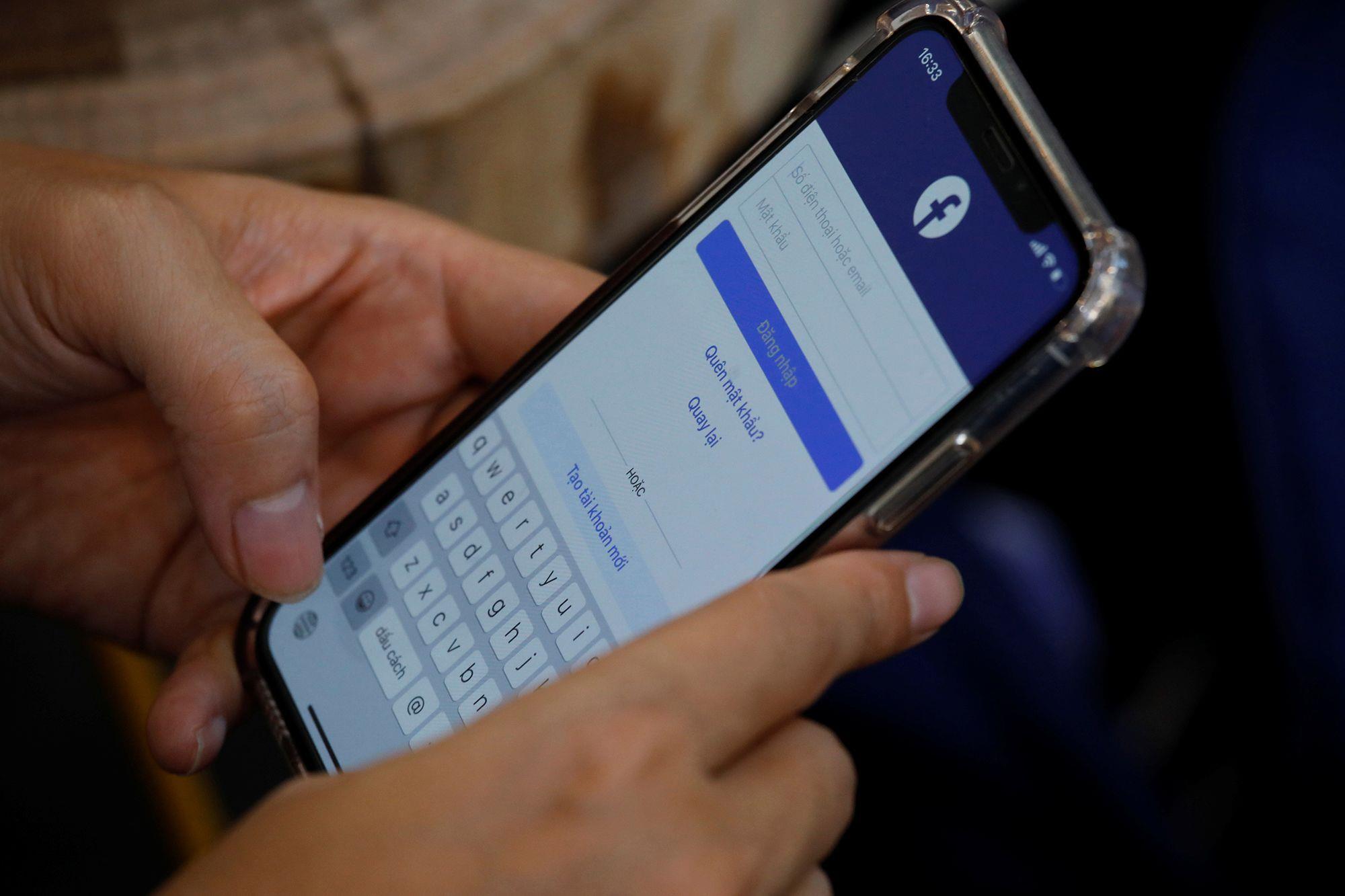HANOI, Dec. 1 (Reuters) - The number of political prisoners in Vietnam has reached its highest on record, according to a tally by Amnesty International, which in a report on Tuesday accused Facebook and Google of censorship in the Southeast Asian country.
There are at least 170 “prisoners of conscience” in Vietnam, the report said, of which around 70 are currently serving jail terms for online activism, mainly on Facebook and Google’s YouTube.
“Once the great hope for the expansion of freedom of expression in the country, social media platforms are fast becoming human rights–free zones, where any peaceful dissent or criticism of the Vietnamese government is liable to be censored,” the report said.
The current number of prisoners of conscience in Vietnam is the highest that London-based Amnesty has reported since it began publishing the figures in 1996, an Amnesty spokesman told Reuters.
Amnesty defines prisoners of conscience as people who have not used or advocated violence, but were imprisoned because of their identity or beliefs.
Vietnam’s foreign ministry, which handles enquires from foreign media, did not respond to a request for comment.
Despite sweeping economic reform and openness to social change, Vietnam’s ruling Communist Party retains tight control on media, tolerates little opposition and has intensified a crackdown on dissidents and online activists ahead of a key Party meeting next year.
Earlier this month, Reuters reported that Vietnam had threatened to shut down Facebook locally if it did not agree to censor more political content. Vietnam’s government said at the time that Facebook should abide by local laws.
Amnesty’s report said the U.S. social media giants do not do enough to resist government pressure to censor posts. It cited interviews with Vietnamese activists who said their posts had been censored.
Both Facebook and Google have said that they only restrict access to content if it violates local laws. One such law, Article 117, prohibits Vietnamese citizens from “making, storing or spreading” anti-state materials.





